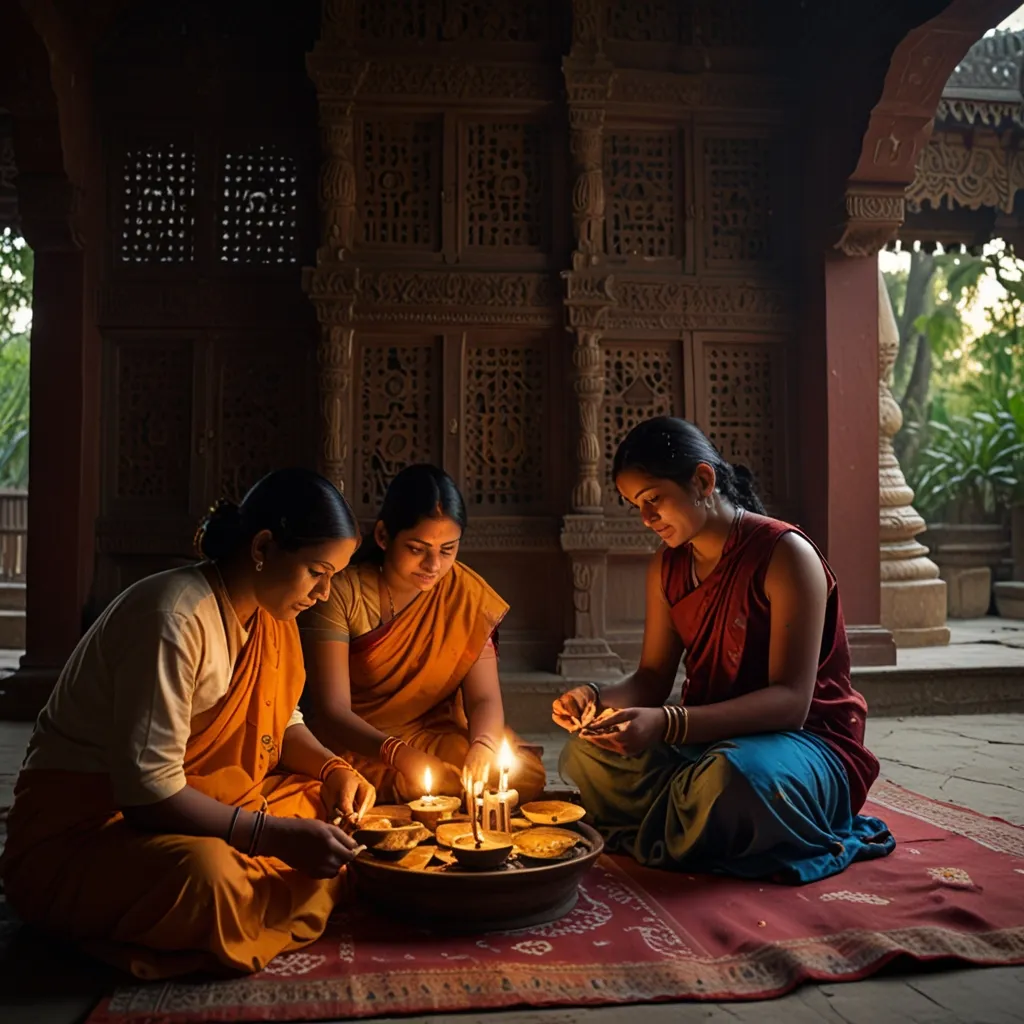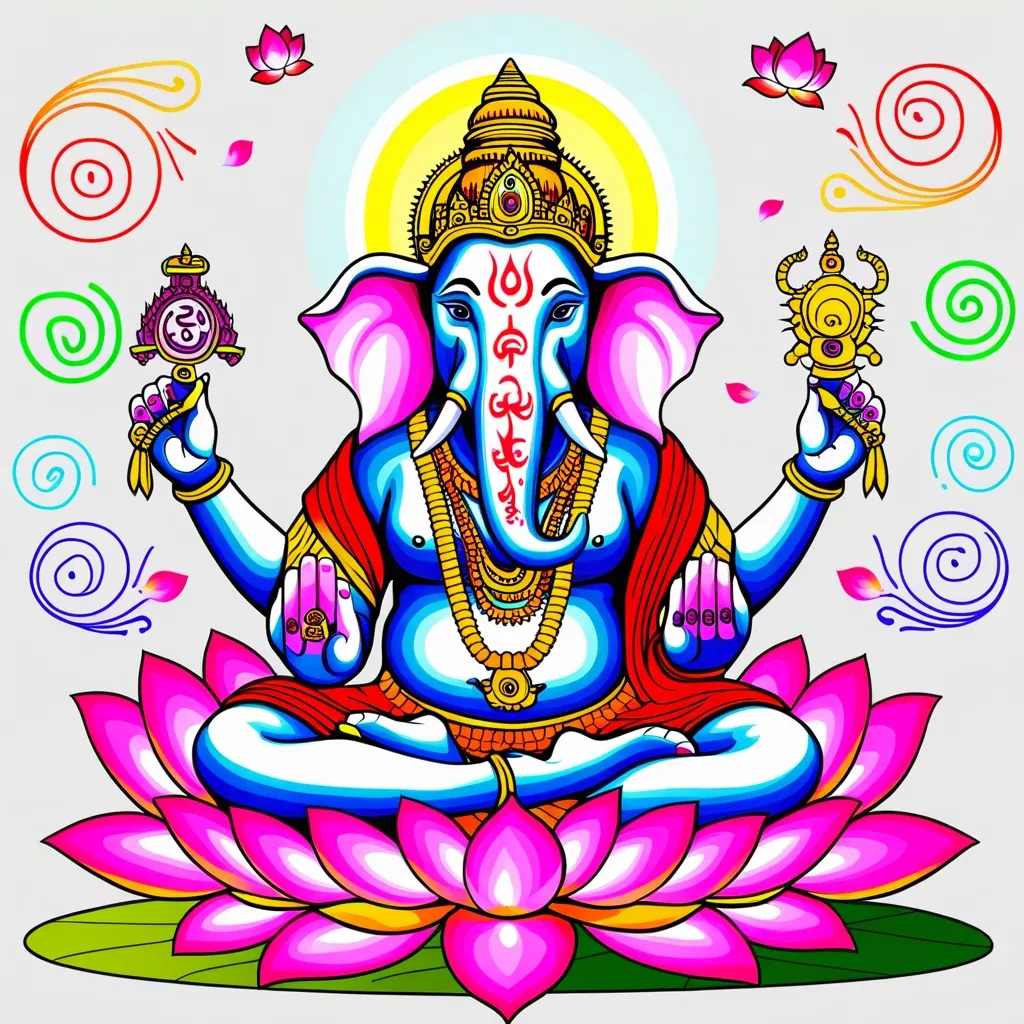Hinduism isn’t just a religion; it’s a vibrant way of life that blends spirituality into everyday actions. For Hindus, rituals hold deeper meaning than just traditional practices; they are vital pathways to connect with the divine and maintain a balanced life. Rooted in ancient sacred texts like the Vedas, these rituals have shaped Hindu traditions for thousands of years.
One of the usual rituals to start the day is the morning puja, or prayer. This starts with a bath, offering prayers to the Sun God, and chanting the Gayatri mantra. The goal here is to cleanse the body and mind, laying down a positive vibe for the rest of the day. Many Hindus also dive into yoga and meditation, aiming for spiritual growth and inner calm.
Another key ritual is lighting the lamp daily. It symbolizes the victory of knowledge over ignorance. The lamp is usually lit at dawn and dusk, and some even keep it burning non-stop, known as Akhanda Deepa. This act brings light and wisdom into one’s life, guiding them towards better ideals.
Daily offerings, also known as the five obligatory offerings, are part and parcel of Hindu daily routines. They include offering food to the gods, a small portion to all creatures, a water libation mixed with sesame for the spirits of the departed, hospitality to guests, and reciting the Vedas. These acts are a show of gratitude and a way to seek divine blessings.
Yajna, or fire rituals, hold special importance in Hindu customs. During a yajna, offerings are made to various deities through a sacred fire. These rituals can be for different purposes, like inviting rain, ensuring peace, prosperity, and the well-being of the family. The length of yajnas can vary from a few hours to several weeks based on their intent.
Japa, or the repetitive chanting of God’s name, is a powerful ritual that purifies the mind and fills one’s consciousness with spiritual energy. Continuous chanting can create positive vibrations, leading to spiritual transformation. It’s done purely out of love for God, without expecting anything in return.
These rituals aren’t just solo acts; they also bring communities and families together. Take sandhya, or the morning and evening prayers, for example. This involves self-purification, bathing, prayers, and the recitation of mantras like the Gayatri mantra. Such daily rituals help maintain physical purity and professional duties, promising both terrestrial rewards and spiritual sanctity.
Visiting temples is another integral part of a Hindu’s life. Regular temple visits for worship, scripture recitation, and meditation on the Lord’s image help in connecting with the divine and seeking spiritual growth. The repetition of God’s name or sacred formulas, known as japa, during temple worship is believed to lead to self-realization and unity with God’s essence.
Interestingly, Hindu rituals also offer scientific and health benefits. For instance, chanting mantras can lower heart rates and bring deep relaxation. Similarly, prayer has shown positive effects on overall health and well-being. These findings back up the age-old wisdom of Hindu rituals designed to harmonize the body, mind, and soul.
To sum it up, daily rituals in Hinduism are crucial for spiritual growth, personal well-being, and community harmony. Be it the morning puja, lighting the lamp, performing yajna, or visiting the temple, each ritual plays a major role in the spiritual journey of a Hindu, intertwining ancient traditions with modern life.






